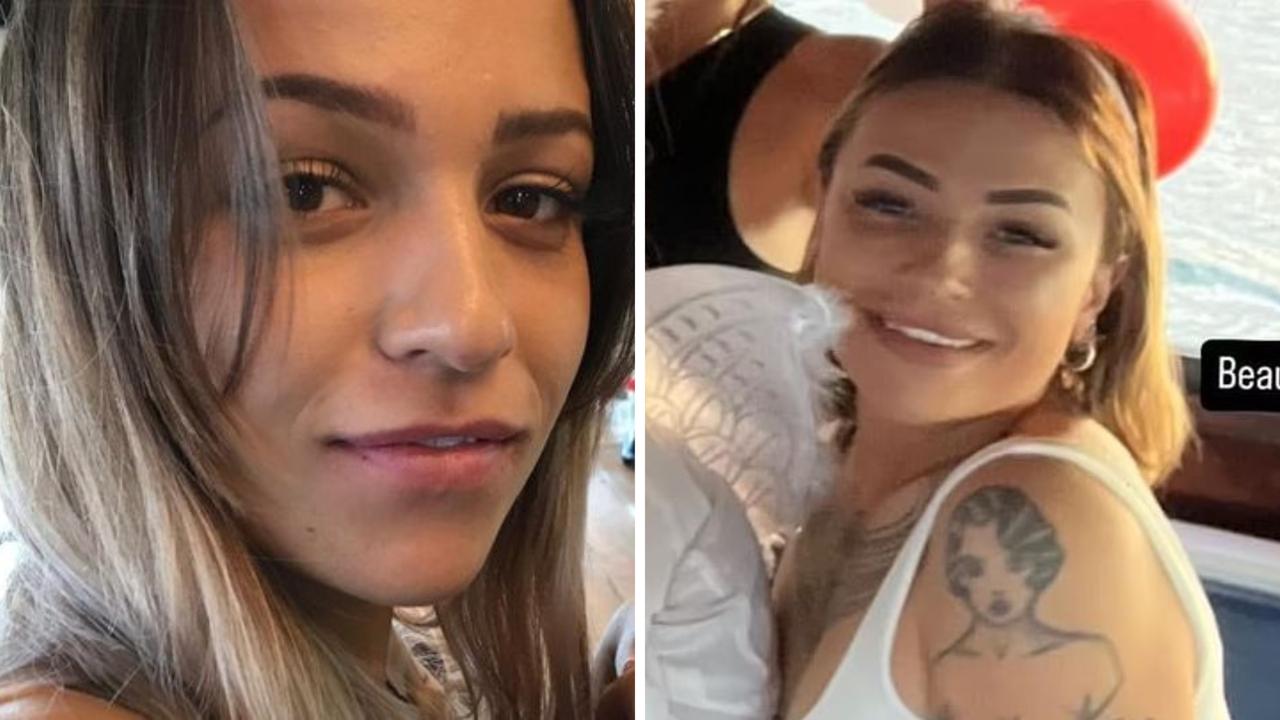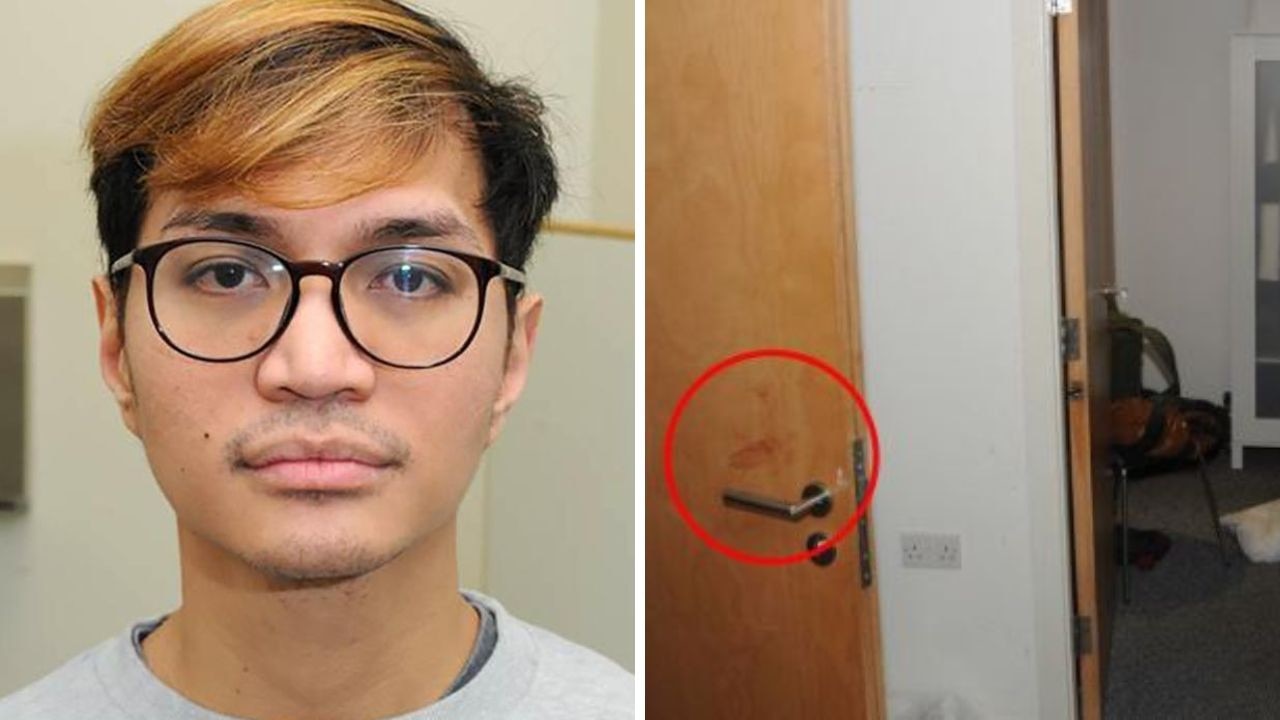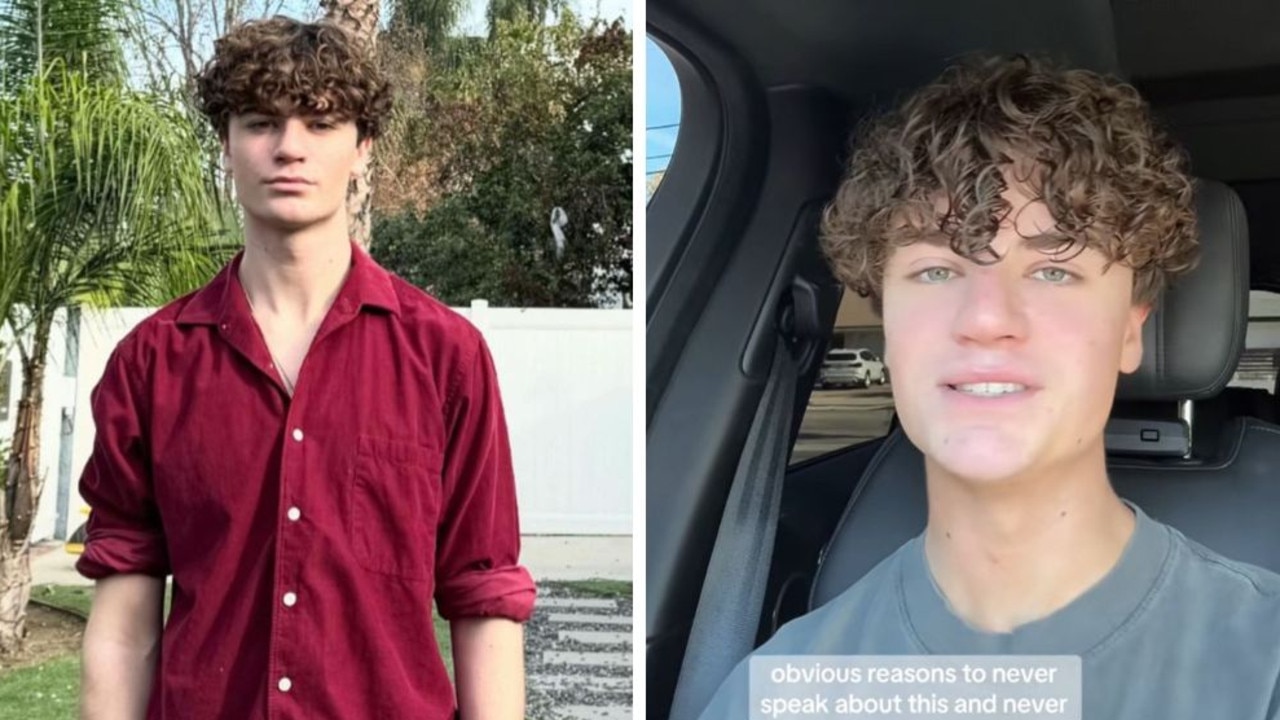Sexual assault services record spike in wake of Brittany Higgins’ Canberra allegations, media coverage
Brittany Higgins made the brave choice to tell the nation of her alleged rape inside Parliament House. The act of doing so has had a measurable effect.
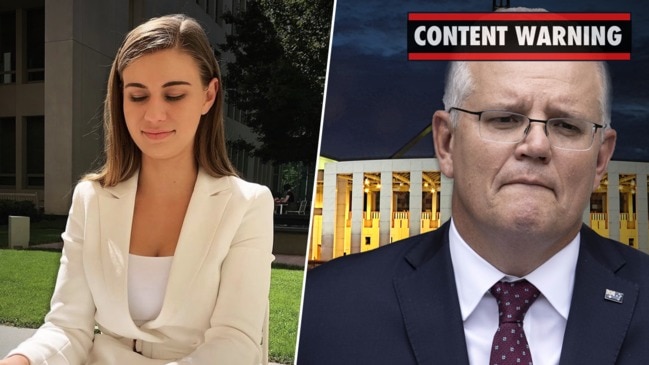
In the weeks since Brittany Higgins told the nation about her alleged rape by a federal political staffer inside a cabinet minister’s office, women across Australia have come forward to share their own stories.
Since the Canberra bubble burst in mid-February, some of the country’s sexual assault phone lines have recorded an increase in calls, as survivors come forward to speak about their own experiences with sexual violence and ask for help in healing from the trauma.
In addition, a new national approach to consent, respectful relationships and sexual abuse is also set to be introduced into schools.
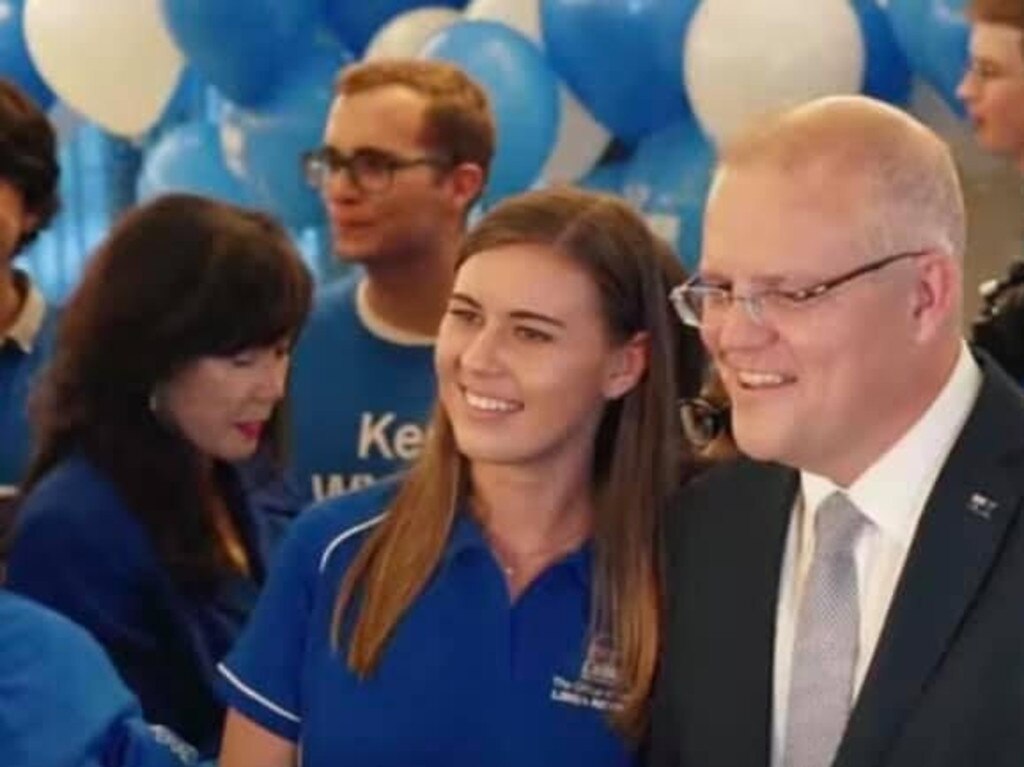
In February 2021, 1800 RESPECT, the national sexual assault, domestic and family violence counselling service received 21,691 calls.
There has been a spike in March, with 5508 calls received in the first six days of the month.
Queensland based DV Connect’s sexual assault helpline recorded an 8 per cent increase in calls in recent weeks, which service delivery manager Tracey* said was likely a consequence of seeing so much conversation in the media.
“We do get a mass increase when there is reporting on incidents. People relate and they become aware of their own circumstances,” she said.
“Sexual assault has generally tended to be something that happens in private, and people feel ashamed to come forward. They carry so much self-blame sometimes because they feel they contributed to that.
“I think that when there’s media coverage, when people are disclosing their experiences and talking about what happened to them … there is a general sense that people are being believed.
“As a consequence of that more people come forward and more people get the confidence to stand up and say, ‘This happened to me, and it’s not OK.’”
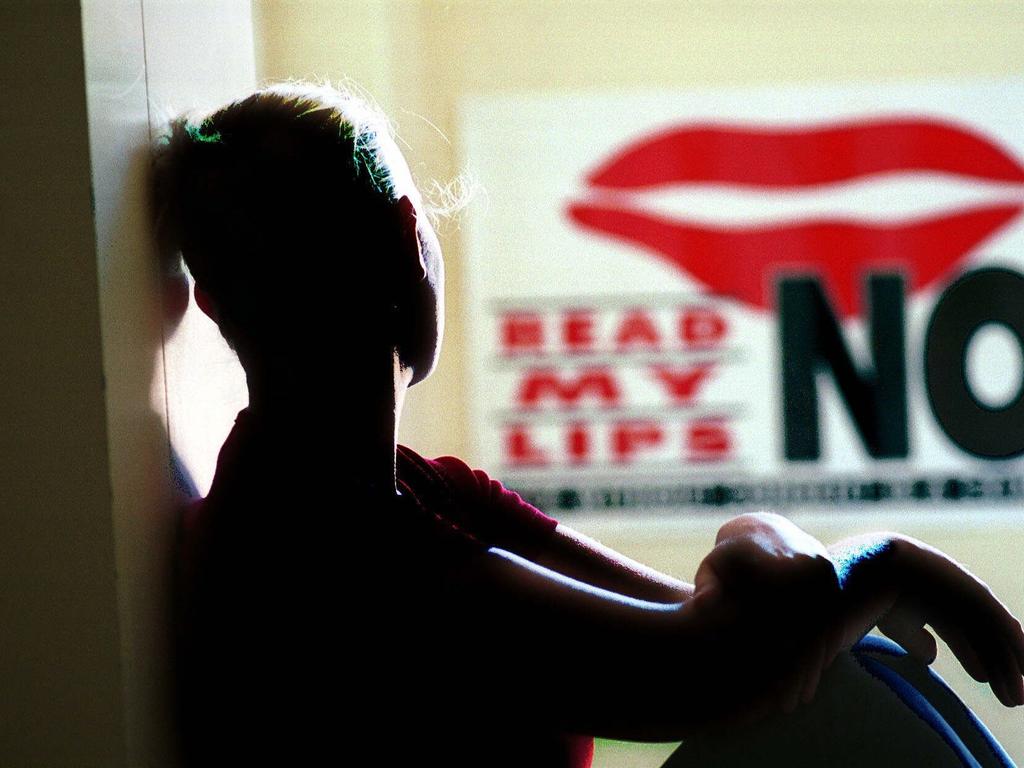
One sexual assault survivor, who asked to remain anonymous, said the media coverage had helped her to confront the traumatic incident she had spent years suppressing.
In 2017 after a night out in Brisbane, she woke up in a strange bed to find she was being assaulted by a man she had met earlier in the evening.
“I’d never really given it much thought. I know that it happened and I know I’ve talked about it, but I did so in a way that kind of just glossed over it in passing,” she said.
“If the last few weeks have taught us anything, it’s that this is happening in every corner of the country.
“It’s really made me aware of the trauma and how it’s lived in my body for the past few years and … inspired me to open up about it … I did reach out for help because of that.”
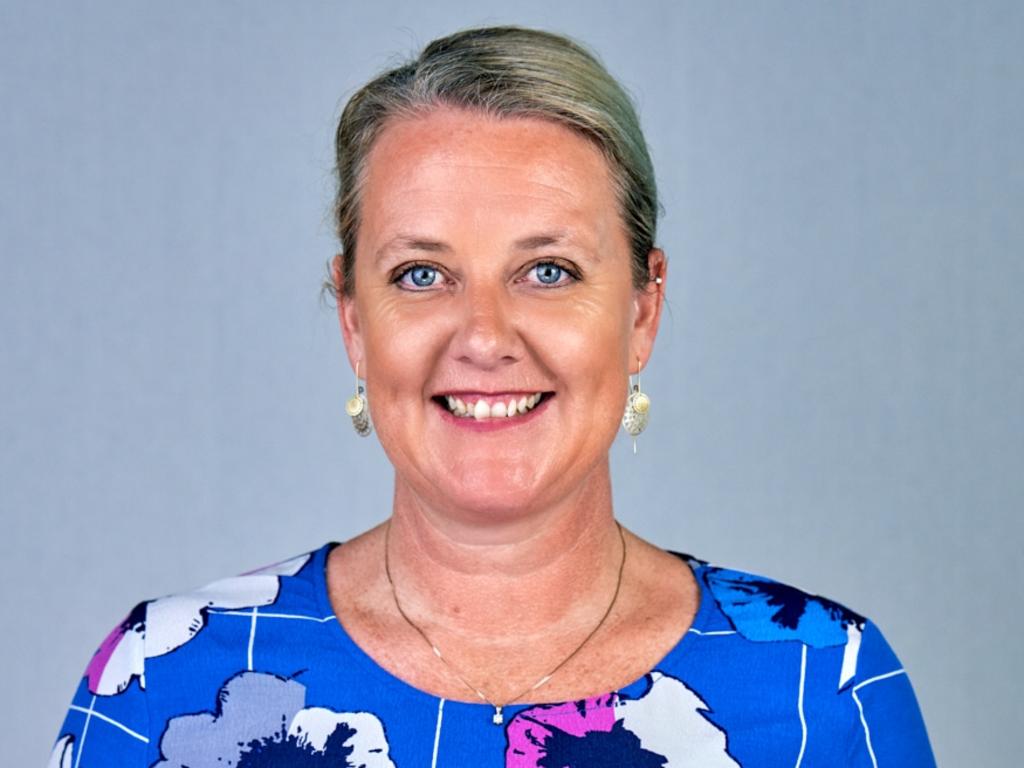
Melonie Sheehan, national stakeholder and engagement manager of 1800 RESPECT, said the sharing of lived experience helped generate awareness, and encourage societal change.
“It can help others impacted by sexual assault to better understand their experience, or urge them to reach out for help or report an incident,” she said.
“(But) they can be very real reminders of what a person has or is experiencing. It can bring up painful and distressing memories of past violence and also encourage victims to feel they can speak up.”
The sexual assault survivor said she wished she could thank women like Brittany Higgins, Grace Tame, and other high profile survivors personally for bringing the topic to the forefront.
“This is not a new issue, I know plenty of women who have experienced sexual assault and honestly will probably continue to do so,” she said.
“But there’s a conversation around it now … It’s like the floodgates have been opened. Things are changing and it feels positive.”

The widespread public coverage of sexual assault has also brought about a conversation on the need to introduce consent education earlier in the school curriculum.
The movement has been promulgated by former Sydney schoolgirl Chanel Contos, whose petition has garnered more than 50,000 signatures and more than 3000 testimonies of women who say they were raped by school boys.
The Brisbane sexual assault survivor said she knew the man that had attacked her had attended a private boys school, and the lack of education around consent could have been “part of the reason” he had assaulted her.
“I know what kind of culture that school had … I know friends who’ve been assaulted by guys from the same school,” she said.
“I’m not sure they’d listen, but I really think we need to start talking about consent when boys and girls are starting high school. It’s too important.”
Federal Education Minister Alan Tudge said he admired the courage of Ms Contos, and the thousands of other women who had shared their stories, and would oversee a national distribution of a suite of education material called ‘Respect Matters’.
It will include information about respectful relationships, consent and sexual abuse.
“I will be working closely with my state and territory colleagues on this issue and to listen to those who are speaking out,” he said.
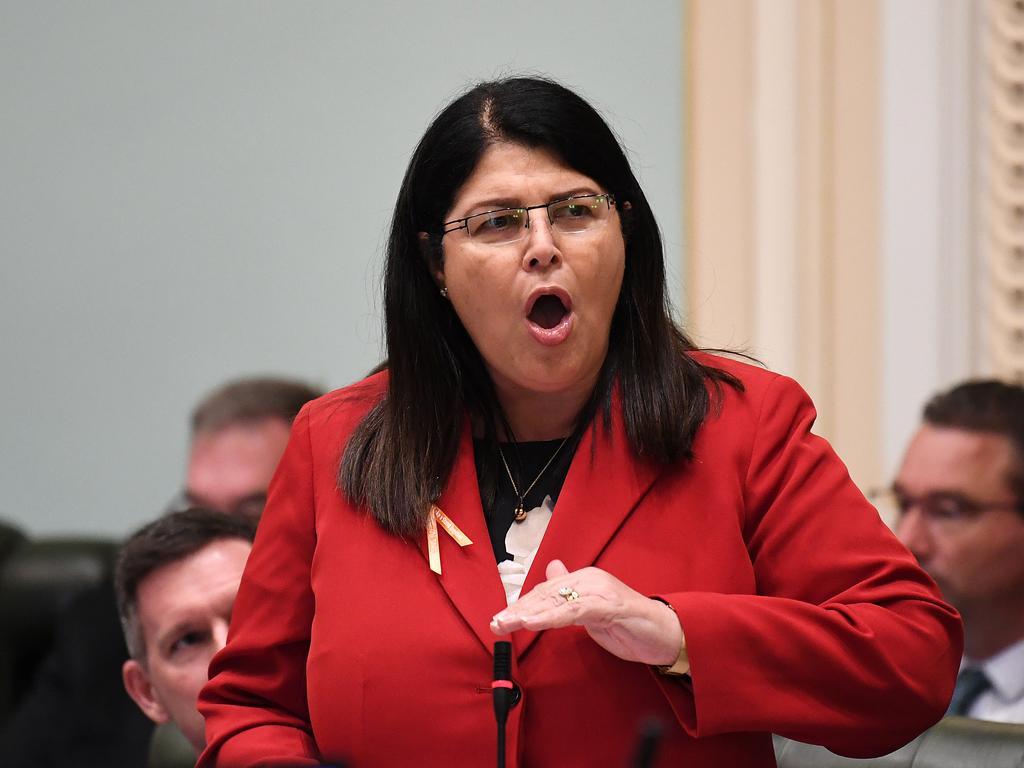
Speaking in parliament this week, Queensland Education Minister Grace Grace said she had engaged the director-general to work across both state and non-government schools to “explore whether consent and reporting are adequately covered in the Queensland Respectful Relationships program, and the Australian curriculum.”
“Events of recent weeks have prompted important and renewed community focus on matters of sexual assault, consent and reporting,” she said.
“It is a responsibility of parents, carers and society more broadly to educate and support young people in addressing issues of sexual harassment, assault and consent. Education can play a role.”
Tracey said early intervention was “crucial”.
“It will have a very significant positive impact,” she said.
Total calls received by 1800 RESPECT since December:
December: 30,473
January: 22,060
February: 21,6917
*Surname redacted for privacy reasons

